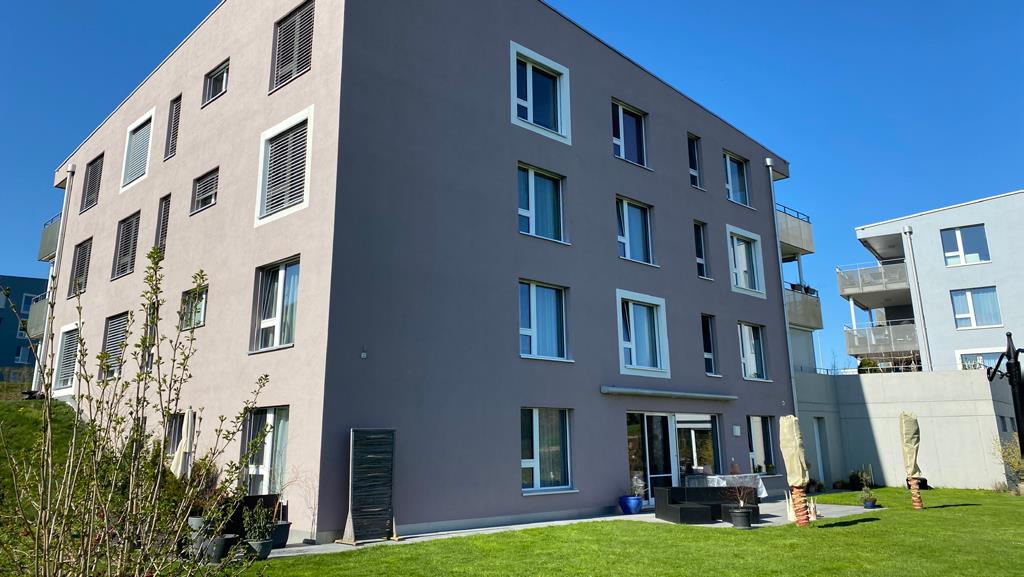UBS expects falling prices for residential real estate
Although buying a home is cheaper than renting, home prices are unlikely to rise further this year. Credit restrictions taking effect across the board, increasing vacancy rates and barely growing incomes are limiting the scope for price increases even in the periphery, according to the real estate market study UBS Real Estate Focus 2016.

"Only those who expect low interest rates for at least another 15 years should invest in multi-family houses in prime locations," write UBS researchers. In the low interest rate environment, multi-family houses are admittedly the "yield star in the Swiss investment universe," as they are among the few remaining investments with secure and positive cash flows. But even a rise in yields on long-term Swiss to two percent would threaten significant losses on multifamily properties.
Despite negative interest rates, investment properties in prime locations are only superior to cash investments if the low interest rate environment persists for at least another 15 years. For this reason, it currently seems sensible to reduce interest rate risks and to prefer the extended agglomeration - despite the higher risk of rent defaults - to central locations.
There is little potential for higher rents, even in the event of a rise in interest rates. On the contrary, market rents are even likely to fall slightly in 2016. UBS cites the rising vacancy rate for rental apartments, the already high level of rents for existing apartments, and the excessive rents for new apartments compared with market rents for older apartments as reasons for this.
Yield low on office market
Prime initial yields have reached a record low of 2.5 percent in the office market. In contrast to the residential market, purchase prices for properties in poorer locations have barely risen in recent years due to vacancy risks, the UBS study says.
However, if the number of office employees continues to rise as in recent years, the market situation is likely to stabilize. From an investor's perspective, B- or C-location office properties are therefore likely to offer opportunities, as the yield differential compared with prime locations is expected to narrow in the medium term. Central Switzerland is currently the most attractive region for office investments. In the current year, however, rising vacancy rates and a further decline in rents can be expected throughout Switzerland. (ah)









